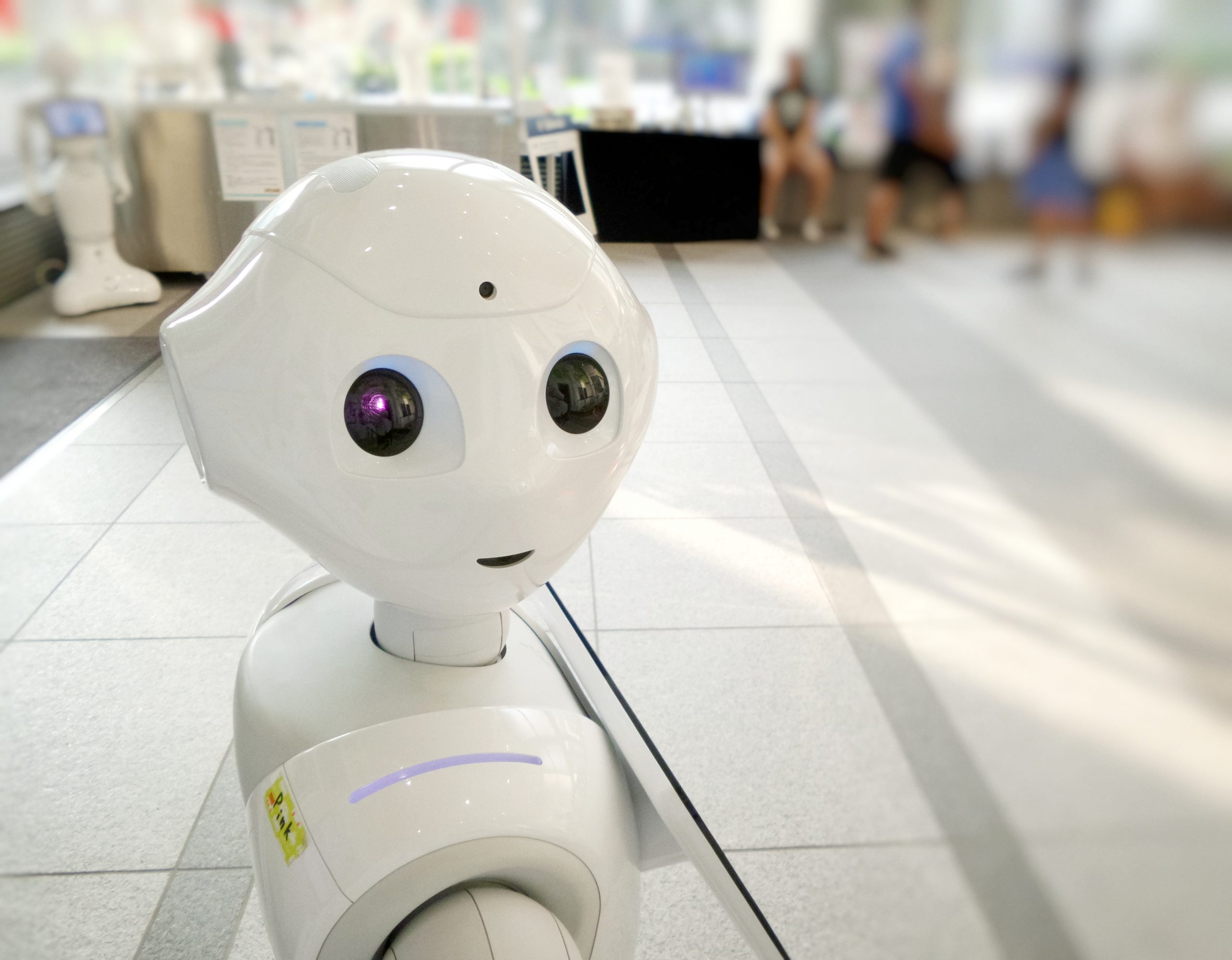Space Tourism: The New Luxury Experience
Space tourism is emerging as an exciting adventure for those seeking unique and luxurious experiences. While currently only a privileged few can afford the millions of dollars required for these trips, it is expected that over time and with technological advancement, costs will decrease, thus democratizing access to space. Companies like Virgin Galactic, led by Richard Branson, are at the forefront of this field. Their spacecraft, V.S.S. Unity, took a crew to the edge of space in July 2021, offering passengers an unparalleled view for a few minutes. In addition to Virgin Galactic, companies like Blue Origin, founded by Jeff Bezos, are also making significant advances in space tourism. With the New Shepard, a suborbital rocket, Blue Origin is bringing the dream of space closer to reality for the general public. Their ongoing advancements and research are paving the way for expanding access to space, offering new opportunities to explore the cosmos. Space tourism is constantly evolving, promising to open the doors of the cosmos to a wider audience in the future. Although currently the cost of these experiences remains limited to most, technological advances and competition in the sector could eventually make space accessible to everyone. However, beyond the numbers, an intriguing
Why the beverage industry continues to experience sustained growth and the key industry trends
The beverage industry, particularly the alcoholic beverages market, is maintaining steady growth, fueled by a range of factors influencing consumer preferences and emerging trends. In this context, I am pleased to examine why the beverage industry continues to thrive, taking into consideration some of the trends shaping the sector. The market for alcoholic beverages is astonishing in its magnitude. According to Statista data, revenues in the alcoholic beverages market reached an impressive figure of $1,609.00 billion in 2023, and it is projected to experience annual growth of 5.42% until 2027. An interesting highlight from the report is that the largest market segment is that of beer, representing a market volume of $610.00 billion in 2023. Consumer preferences play a pivotal role in this growth. According to data presented in the report, the demand for unique and premium alcoholic beverages is consistently rising globally, with consumers willing to invest more in high-quality products that offer distinctive flavors and experiences. This has led to an increase in the demand for craft beers and artisanal spirits, as well as limited-production wines, demonstrating that consumer palates' sophistication has also boosted the popularity of premium alcoholic beverages. According to the Distilled Spirits Council of the United States, in
Social Entrepreneurs: Inspiring Stories of Ventures Generating a Positive Impact on Society
In a world full of social and environmental challenges, there is a special group of brave and visionary individuals who are changing the business game. These are the social entrepreneurs, passionate people who use their leadership skills to tackle urgent issues and generate a positive impact on society. Their inspiring stories invite us to dream big and show us that it is possible to combine business with a higher purpose. Join me as I share some of these stories, which, regardless of the passage of time, are among the best ones in my opinion. D.Light In 2007, Sam Goldman and Ned Tozun founded d.light with a clear goal in mind: to provide accessible and sustainable energy to electricity-deprived communities worldwide. Through the manufacturing and distribution of affordable solar lamps, they have illuminated the homes of millions of people, reducing dependence on dangerous and costly lighting sources like kerosene lamps. Thanks to the work of d.light, the quality of life has improved in numerous communities across more than 60 countries. Grameen Bank Muhammad Yunus, the Nobel Peace Prize laureate, founded Grameen Bank in Bangladesh with the aim of combating poverty through the provision of microcredit. Yunus' innovative approach has enabled low-income individuals to access financing for
The transformative power of Artificial Intelligence in tourism
In the digital age, Artificial Intelligence (AI) has left a significant mark on various sectors, and tourism is no exception. In particular, accommodation platforms like Airbnb have harnessed the power of AI to revolutionize the way people book and enjoy their travel experiences. But, do you know how this innovative tool is contributing to the development of tourism today? Personalized recommendations. One of the greatest benefits of AI in tourism is its ability to provide personalized recommendations, and that is that platforms such as Airbnb or Vico use AI algorithms to analyze data such as preferences, travel history, and user search patterns, capable of to offer accommodation options and tourist experiences adapted to the interests and needs of each traveler. Improvement in price management. By analyzing supply and demand in real time, AI systems adjust prices based on market availability and demand. This allows for greater flexibility and price competitiveness, ensuring that travelers get fair fares and providers maximize their revenue. Automated customer service. Through chatbots and virtual assistants, AI provides quick and accurate responses to traveler inquiries and requests, as these automated systems can provide booking information, fix common issues, and offer recommendations, thus enhancing the customer experience with efficient answers and available
How to promote the orange economy in communities
Have you ever wondered how to promote creativity and entrepreneurship in a sector that can transform the reality of a region? The answer lies in the fascinating and promising orange economy, a concept that is revolutionizing the way we see and approach economic and social development. But what exactly is the orange economy or creative economy? It is the set of economic activities based on creativity, culture and knowledge. Creativity and entrepreneurship are fundamental pillars of the orange economy and play a vital role in the development of communities. This time, I would like to present some examples of innovative projects so that you can be inspired, harness talent and transform it into a source of economic, social and cultural development. Pietà Project (Peru): It is a high-quality ecological urban clothing project, which is made by men and women from prisons in Lima. Prisoners who are part of this project can receive a reduction in their sentence and a percentage for the sales of the brand. Trash to Art (Brazil): This project transforms recyclable materials into works of art and unique products. Citizens collect and recycle materials such as plastic, glass, and paper to create sculptures, jewelry, and other art objects that are later
Artificial intelligence in the tourism sector
It is evident how the evolution of technology and AI capabilities are modifying the operations of commerce sectors and industries worldwide. Processes are being optimized and companies can offer better products and services to their consumers. Indeed, AI is here to stay and what may now seem surprising, was discovered in something normal in our daily lives. Today I will talk specifically about how this technological innovation revolutionizes the tourism sector and the performance of hotels. Artificial intelligence has numerous applications in the tourism sector, impacting both the consumer experience and the operating model of companies. Let's see a little more: Customer acquisition. With AI it will be much easier to attract customers, where the search system becomes more and more personalized and companies develop marketing strategies that adapt to consumer requests and preferences. Thanks to this, the number of options is reduced, processes are streamlined and recommendations are precisely tailored to the interests of the client. Business plans. The companies base the preparation of their business plan on strategies that improve and stimulate the consumer experience, maximizing competitiveness and aiming at sustainable tourism with the use of new technologies. For example, with the use of artificial intelligence from Google it is possible to optimize campaigns
Top technological innovations for hotels in 2023
The hotel industry is rapidly evolving and with it, the technology. For this new year, major transformations are expected at the technological level that will modify the operation of many sectors, optimizing services and customer experiences. Today, I will talk to you especially about the main technological innovations that the hotel industry will experience this 2023. As a result of the new technologies that are emerging, it is becoming way more challenging to satisfy the expectations and demands of consumers, due to this, the hotel sector has the responsibility and need to keep up to date with new technological trends and adapt to them to provide a more personalized experience to customers and not failing on the face of the competition. In this sense, I will point out some of the main technological trends that the hotel industry offers and that transform the way they provide exclusive experiences to their guests. Contactless payments. This technological trend is very relevant, as it simplifies the transaction process, making it much more convenient and faster. The hotel industry, like many others, has considerably benefited from the technology of mobile phones and wearables, enjoying the advantage that customers can make their payments without the need to carry







